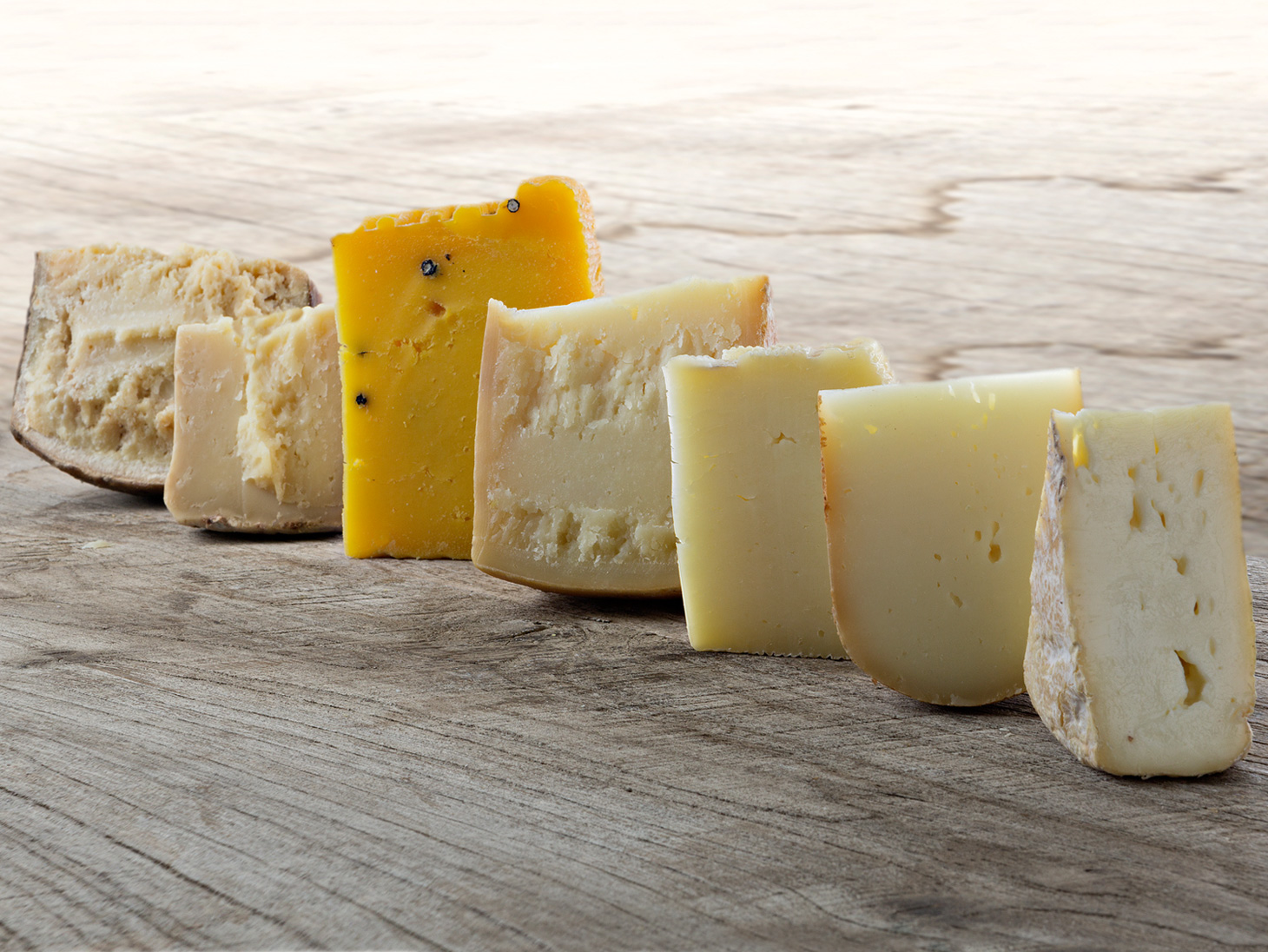
Hand-made Pecorino with a short chain of production inspired by the french concept of “fermier”.
Our research is more and more focused towards short chains: small artisan dairies in small farms, where the cheese-maker is also a shepherd and the taste of cheeses is strictly linked to pastures, animal breed, history. Playing on words, we come up with the french concept of “fermier”.
According to production techniques, french cheeses may be classified in four categories:
- Fermier: a farm cheese, handmade produced by a single farmer with the milk of his animals
- Artisanal: a cheese produced by a single producer with milk from of his animals and animals of other farms
- Coopérative: a cheese produced by a single dairy, with milk from the farmers of the cooperative
- Industriel: a cheese produced with industrial methods and milk from several ares.
Here, our selection of pecorino according to the “fermier” cheeses standards: (1) produced with traditional methods; (2) in a single dairy; (3) using only the milk of his flock.
Pecorino Signor G Bio by Fattoria Lischeto, a fresh Tuscan cheese delicate and sweet in taste, very milky. Another Tuscan one, Pecorino di Pienza Red Tomatoes by Cugusi which name reminds the traditional treatment on the rind with tomatoes; the taste is delicate with hints of butter and tomatoes. A taste more salty distinguishes the Pecorino Crotonese by Maiorano Farm. We return in Fattoria Lischeto with the Pecorino Maschio Volterrano Bio, an aged cheese with a very flavourful taste and aromas of honey, dried fruits and butter. Then we move to the spicier taste of Piacentinu Ennese DOP by Azienda Agricola Di Venti, produced with sheep’s milk, saffron and pepper. Then, Pecorino di Fossa by Beltrami, aged in an ancient ice-house with a taste of cellar and ripe fruits. We end our tasting itinerary with Fiore Sardo DOP Bio by Bussu Dairy, a pecorino with an intense and piccante taste, with hints of animals and aromas of dried fruits and smoke.




